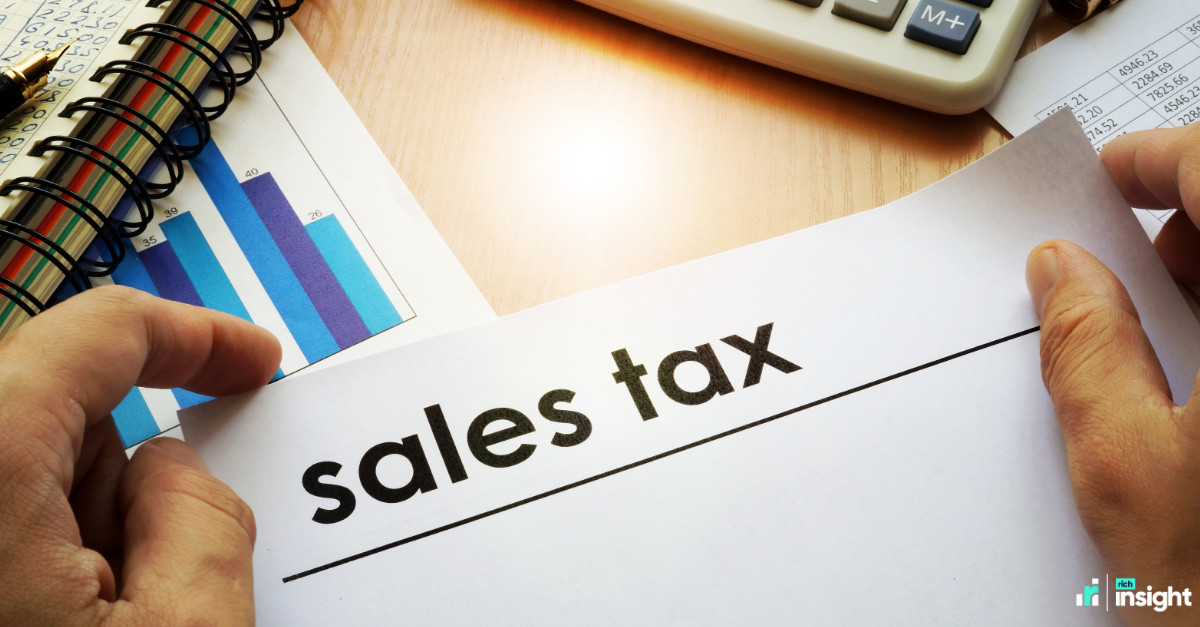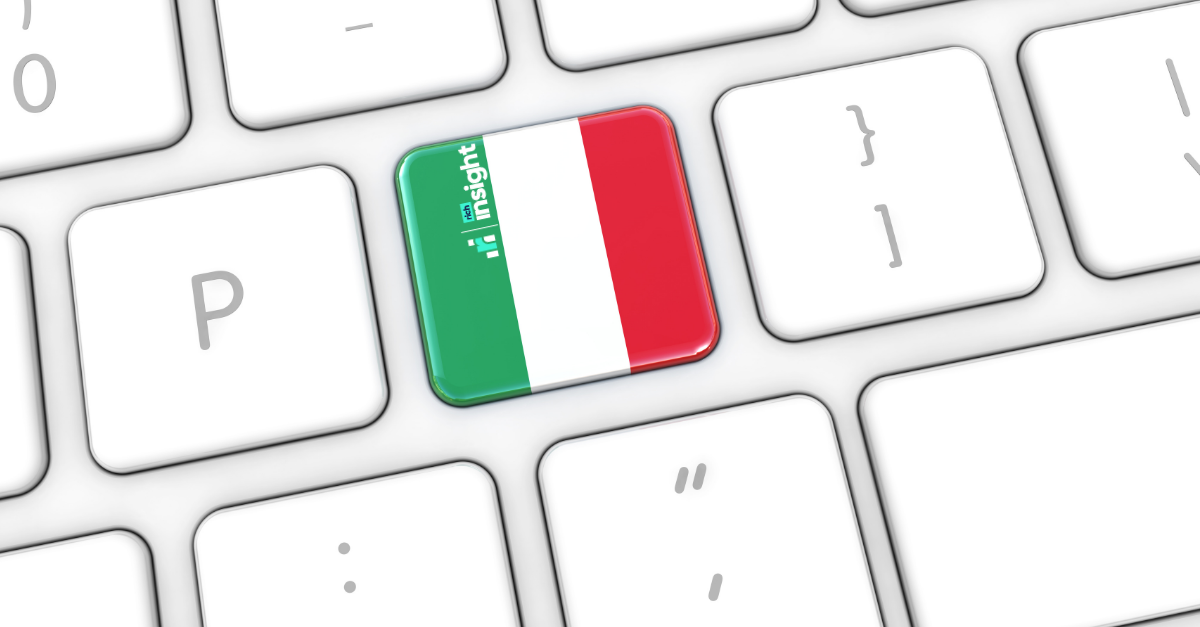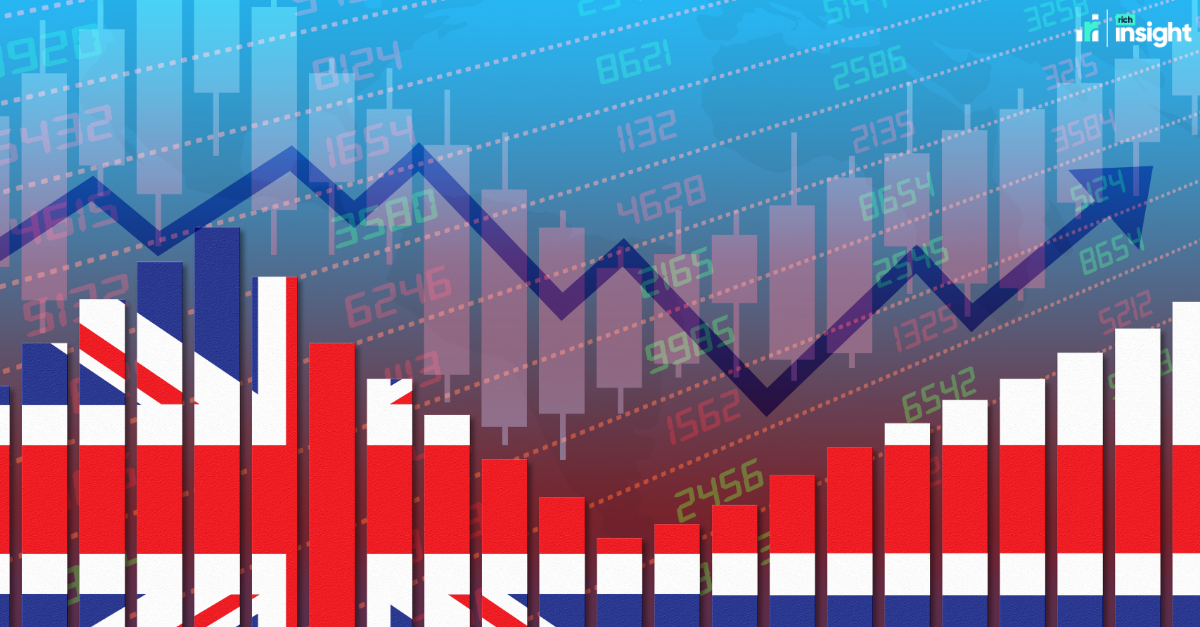Don’t forget about sales tax. Listings, stock and order management are often top of mind when selling on online marketplaces, but it’s also vitally important to understand your sales tax obligations and responsibilities - especially if you sell multiple products in multiple countries on multiple marketplace platforms.
Here’s what you need to know about sales tax when selling your goods on online marketplaces in the UK, EU and US.
Sales tax: the basics
- Sales tax and VAT are similar, but not the same. Although often charged at the same rate, VAT is a flat tax levied at various points in the production and sales process (i.e. when manufacturers sell items to wholesalers). On the other hand, sales tax is a percentage of the final purchase price. It’s collected by the seller, but paid for by the end-consumer as part of the purchase price.
- Sales tax rates vary per product. While some jurisdictions charge a flat rate for all goods, others differentiate per product with exemptions applying for the likes of prepared foods. The seller needs to check what rate applies for its products.
- Sales tax rates, systems and penalties vary per location. In the US, for example, there are over 13,000 sales tax jurisdictions with states, cities and counties all able to levy sales taxes. As a retailer, you have to comply with the sales tax rules where your buyer is located.
- The retailer usually has responsibility for collecting sales tax. Although end consumers ‘pay’ the sales tax, the seller of the goods is responsible for collecting the sales tax. However, some governments have mandated that online marketplaces collect and remit tax on behalf of their third-party sellers.
Sales tax obligations on UK, EU and US marketplaces
UK
In the UK, businesses are considered online marketplaces if they set the terms or conditions of third-party sales on their platform, process customer payments and play a role in the ordering or delivery of the goods.
If you sell goods on UK marketplaces to UK customers, you need to register for VAT and provide your registration number to all online marketplaces you sell on. The online marketplaces, such as Tesco Marketplace and B&Q, will then be responsible for collecting and remitting the VAT on the sale of your products.
If your goods are based outside the UK, you will need to provide the marketplace with the ‘intrinsic value’ of your goods to ensure they account for any import duty (if worth over £135). Be aware there are also different rules if you sell your goods to Northern Ireland.
EU
Although the EU has standardised rules about paying VAT on goods, the 27 EU countries are responsible for setting their own sales tax rates. For example, the standard sales rate in Luxembourg is 17% while in Hungary the rate is 27%.
In the EU, online marketplaces are considered the ‘facilitator’ of a sale if they set the terms of supply, are involved with the delivery of your goods or authorise customer payments. Online marketplaces, such as Poland’s Allegro and Bol.com in the Netherlands, are responsible for collecting and remitting sales tax for transactions on the platform for goods valued less than €150, which are imported by EU or non-EU sellers, and goods of any value sold by non-EU sellers (i.e. UK companies with no EU presence).
US
There are more than 13,000 tax jurisdictions across the US with states, counties and cities all charging sales tax. For instance, Colorado charges 2.9%, but Texas charges 6.25%. What’s more, each state has its own registration requirements, reporting deadlines and filing systems.
Like the EU, all states with a state-wide sales tax has a marketplace facilitator law, which transfers responsibility form the third-party seller (you) to the online marketplace platform (i.e. Walmart or Wayfair). However, some states still require marketplace sellers to register and file their own returns for their marketplace transactions.
Your sales tax obligations
In the UK, EU and US, online marketplaces collect and remit sales tax for you, but you still need to provide accurate and up-to-date information to marketplaces about the transactions, so marketplaces can pay the correct amount of sales tax (if they can’t, it’s you as the ‘seller’ that faces fines). It also remains your responsibility to file sales tax returns on time.
Keeping on top of sales tax obligations can therefore require an in-house tax team or outsourcing to specialist tax firms. But there are also digital tax partners that can help offload the burden.
Avalara
Avalara has processed over six million tax returns for 41,000+ customers in over 90 countries. Its tax compliance software automates manual processes, such as registration and licensing, and also provides calculation, reporting, and e-invoicing services.
hellotax
hellotax offers online VAT registration and filing for online sellers within Europe. Based in Spain, hellotax brings together local accountants, innovative software, and great customer support to reduce your workload, automate tax matters and ensure VAT compliance in Europe.
eManaged partnerships
Your exact sales tax obligations will vary depending what products you sell, which platforms you sell on and where you buyers are based. At eManaged, we have a partnership with both Avalara and hellotax, and can advise you on the best tax software for your needs.
Get in touch with eManaged to find out more.





Blog Comments